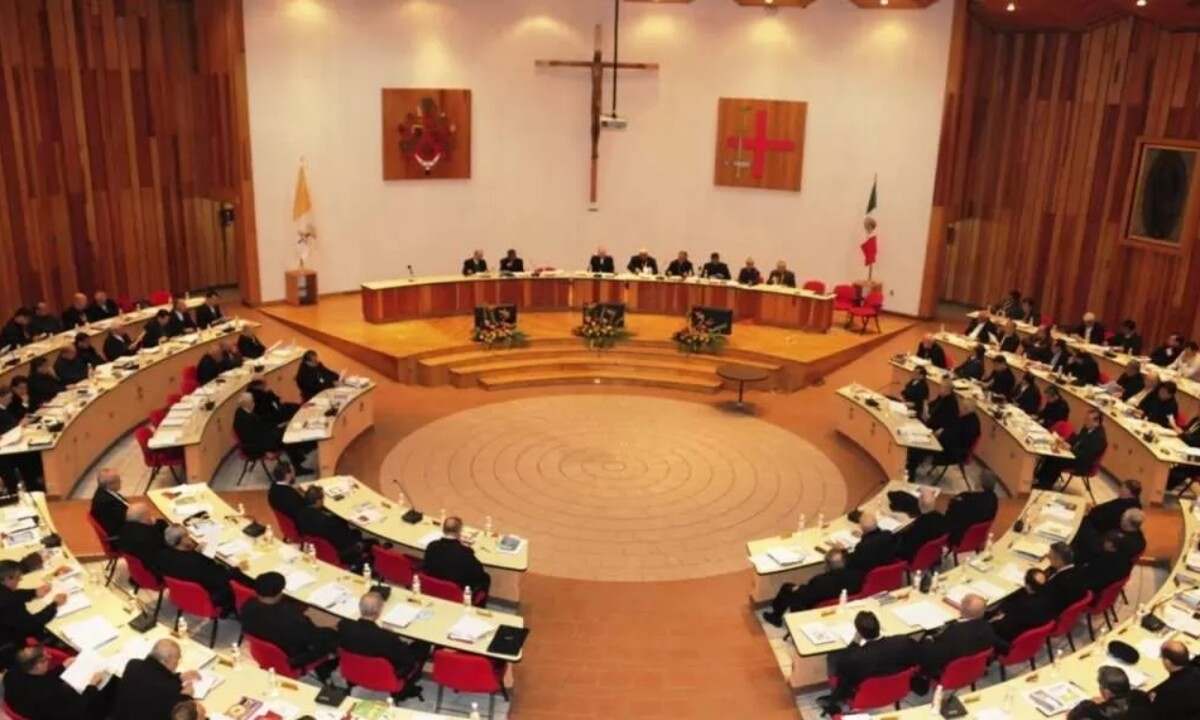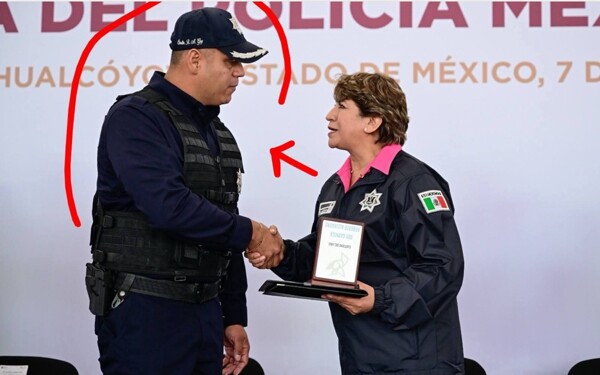
The Archdiocese of Mexico stated in its editorial published this Sunday in the weekly 'Desde la fe' that arguments in favor of euthanasia seem to be confused and out of place. The archdiocese pointed out that the arguments analyzed so far have been anthropological, medical, ethical, and legal, regardless of people's faith. The 'Transcend Law', presented ten days ago in the Mexican Senate, seeks to amend the General Health Law to legalize euthanasia or medical aid in dying in Mexico and to decriminalize the autonomy and freedom of patients with terminal illnesses. It also aims to allow individuals over 18 with chronic-degenerative or terminal diseases, with their informed consent, to access a dignified death. The Catholic body indicated that the initiative lists several terminal diseases prevalent in Mexico and projects the number of potential patients in the coming years, and 'just thinking about these figures is already painful.' 'But to assume that these people are being offered death as a way out of their situation is horrifying, as it implies that we are giving up on the possibility of offering relief, accompaniment, and comfort, despite scientific advances,' the text stated. The Archdiocese recalled that the World Medical Association strongly opposes euthanasia and assisted suicide, arguing that medical ethics must respect human dignity at all times, and that the Council of Europe has declared that pain and suffering do not eliminate human dignity from life. 'Arguing that a good death means a painless death is another error; a good death means being able to live the final moments with all physical, emotional, and spiritual care,' the article said. The Mexican Catholic Church criticized this Sunday the proposal to reform the General Health Law, the so-called 'Transcend Law,' which aims to legalize and decriminalize euthanasia. It stated that the proposal contains 'incorrect' points and called on the State to allocate the necessary resources to palliative care. 'The initiative bases its proposal on the argument of the separation of Church and State. To die well implies living well those final moments,' the text pointed out. It also noted the existence of a 'romanticized idea that euthanasia implies dying without pain,' but there are also medical testimonies that the person who undergoes death by lethal injection 'can suffer, and it is not pleasant for loved ones to see that scene.' The Mexican Catholic Church stated that palliative care currently exists for terminal illnesses, allowing people to die accompanied by their families, at home, and naturally, and that these services continue to improve with scientific advances. 'The resources that the State must allocate to palliative care are considerable, but they are necessary for the dignity of all Mexicans, sick and healthy... wanting to reduce these expenses by offering euthanasia is inhumane, and it is a symbol of a State failing in its duty.' According to 2023 data, only 5% of terminal patients have access to palliative care in Mexico. 'We invite the State powers not to take the easy way out for diseases... so that dying is not the answer to pain,' the text concluded. To date, 20 of the 32 states in Mexico, including the capital, have laws on advance directives, also known as passive euthanasia, which allow the patient to refuse medical treatment in critical moments.














